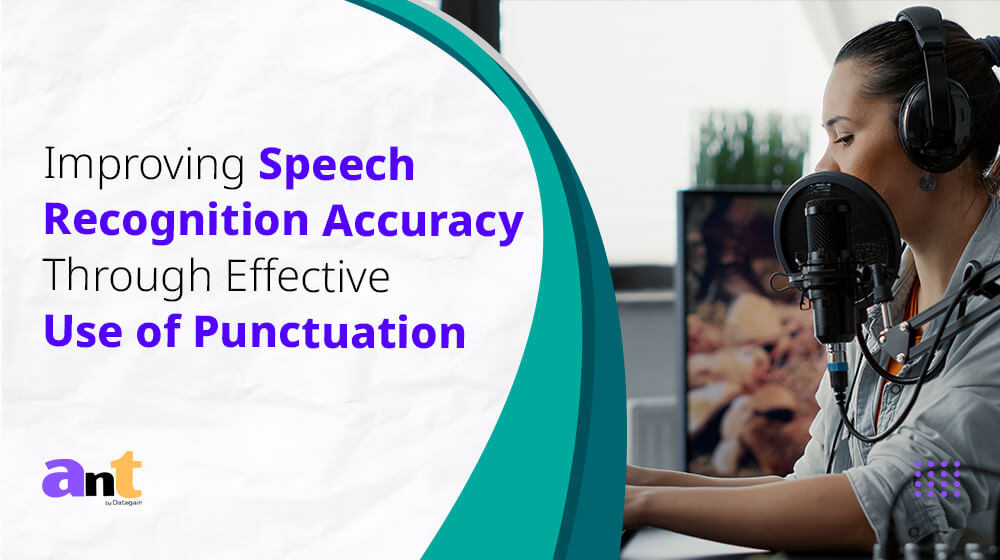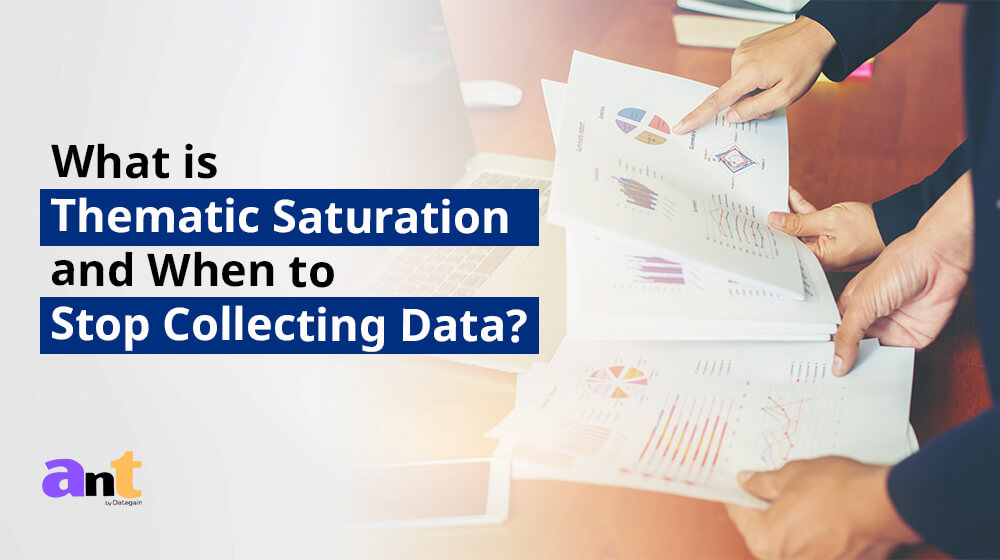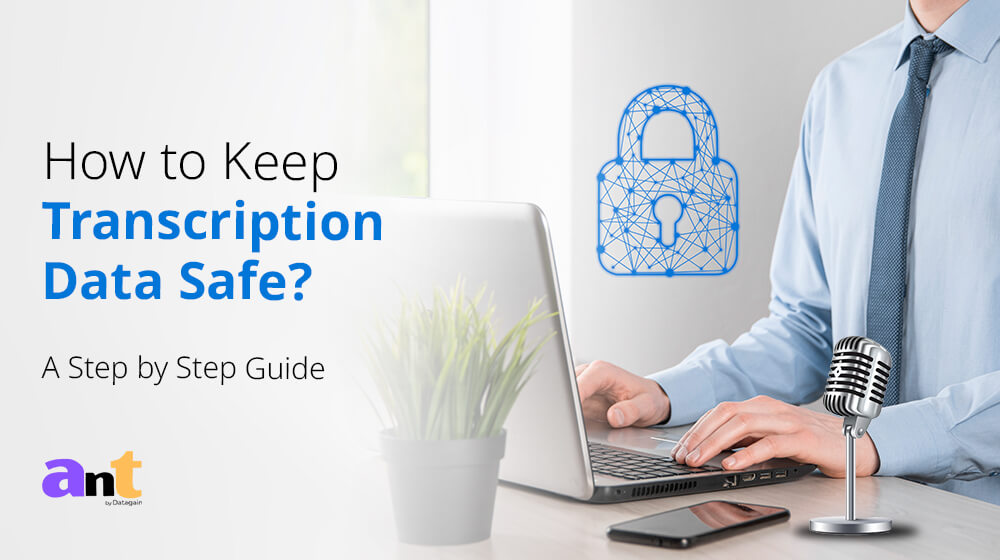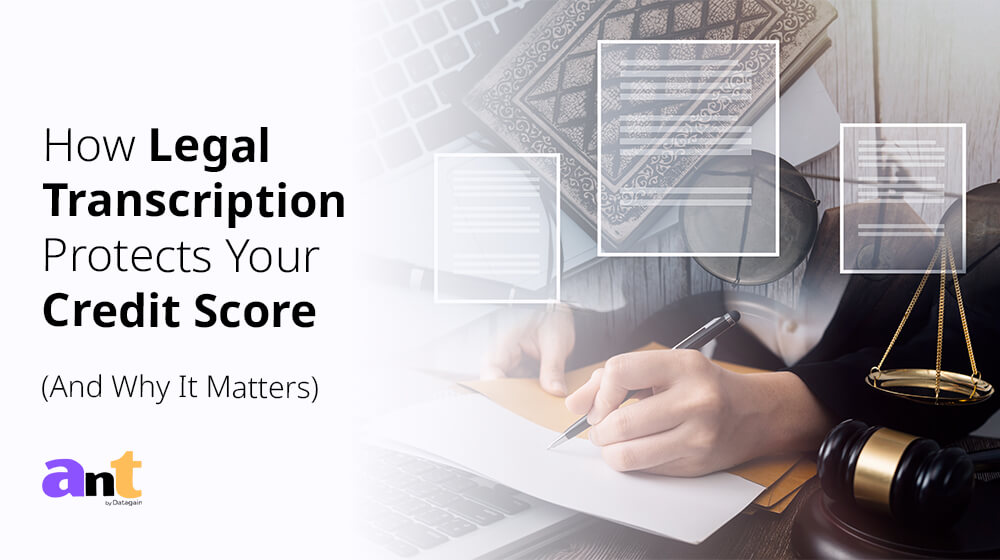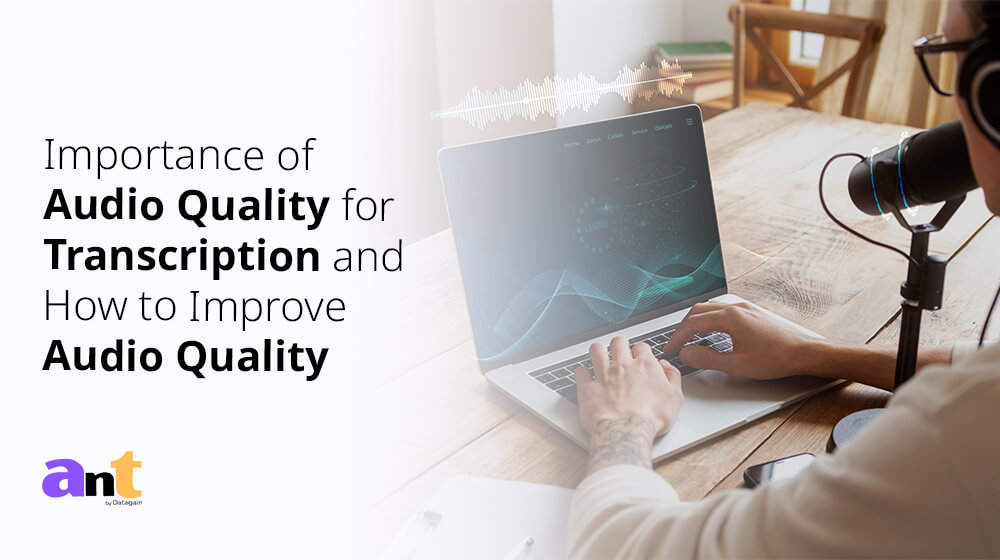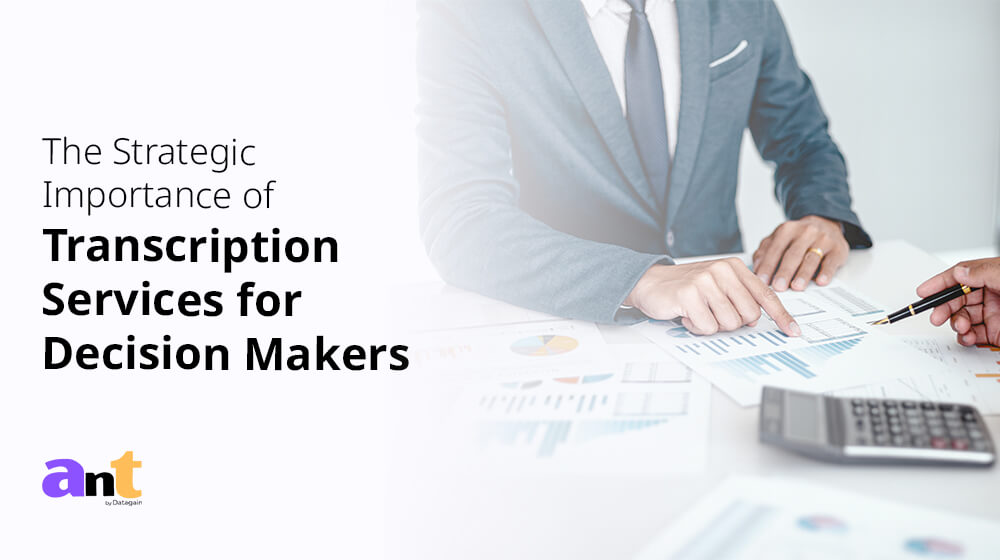Like an invisible scribe, transcription captures the essence of legal proceedings. It transforms the spoken word into a written record as a pillar of truth. As lawyers argue, witnesses testify, and judges deliberate, transcription ensures that no crucial moment escapes the scrutiny of the law.
Know more about the role of transcription in legal proceedings in this blog!
In courtrooms, attorneys must present audio or video recordings as evidence, such as witness testimonies, police interrogations, or surveillance footage. Transcribing these recordings into written form ensures that the content is easily accessible. It makes its review easy for all parties involved, including judges, juries, and opposing counsel.
Transcriptions allow for precise referencing and assist attorneys in highlighting key points or statements during courtroom presentations. It reduces the chances of misinterpretation or confusion.
With a text-based transcript, attorneys can quickly navigate the document, locate specific details, and identify critical evidence. Transcriptions also aid in identifying inconsistencies or contradictions in witness statements. It helps attorneys build stronger arguments and prepare effective cross-examinations.
Court reporters or professional transcriptionists capture the spoken words in real time during legal proceedings, ensuring an accurate record. Having an accurate transcript is a reliable reference for judges when making decisions. It helps them review the exact words spoken during hearings or trials. It also provides a documented record to be referred to during appeals or future legal proceedings, ensuring consistency and preventing misunderstandings.
Transcription in legal proceedings includes essential features like speaker identification and timestamps. Speaker identification involves labeling each speaker in the transcript to distinguish between individuals speaking during the proceedings. It is crucial in multi-party cases or complex hearings involving multiple witnesses, attorneys, and judges. Accurately identifying speakers helps maintain clarity and enables easy reference to specific statements made by individuals.
Timestamps are another essential component of legal transcripts. They indicate the exact time or duration of a particular statement or event during the proceedings. Timestamps aid in navigating through the transcript and quickly locating specific sections of interest. They are instrumental when referencing specific moments in audio or video recordings. They allow attorneys, judges, or researchers to quickly locate and review specific parts of the proceedings.
Legal proceedings often involve complex and lengthy discussions, witness testimonies, and arguments. Having these discussions transcribed into written form enhances organization by presenting the information in a structured manner.
Transcripts allow for easy referencing and quick retrieval of specific proceedings sections. Attorneys can easily navigate through the transcript, locate relevant information, and use it to support their arguments or challenge opposing claims.
Judges can also refer to specific sections during their decision-making process, ensuring that all aspects of the case are considered thoroughly.
Unlike audio or video recordings, which may require specific media players or equipment, transcripts are easily shareable electronically or in print. Attorneys can provide copies of the transcript to their clients, opposing counsel, or the court. They can enable all parties to access the same information and promote transparency in the legal process.
Transcription plays a vital role in legal proceedings by providing extra clarity when presenting evidence. It assists attorneys in putting together their cases and boosts the legal record’s accuracy. Transcription services boost efficiency, facilitate effective communication, and promote fairness in the administration of justice.
And if you are looking for reliable legal transcription services, connect with us. With our team of skilled and experienced transcriptionists, we will provide you with accurate and timely transcription of legal proceedings. Ant’s services offer enhanced organization, effortless reference, and portability, which makes us the top choice for legal professionals looking for reliable transcription solutions.



